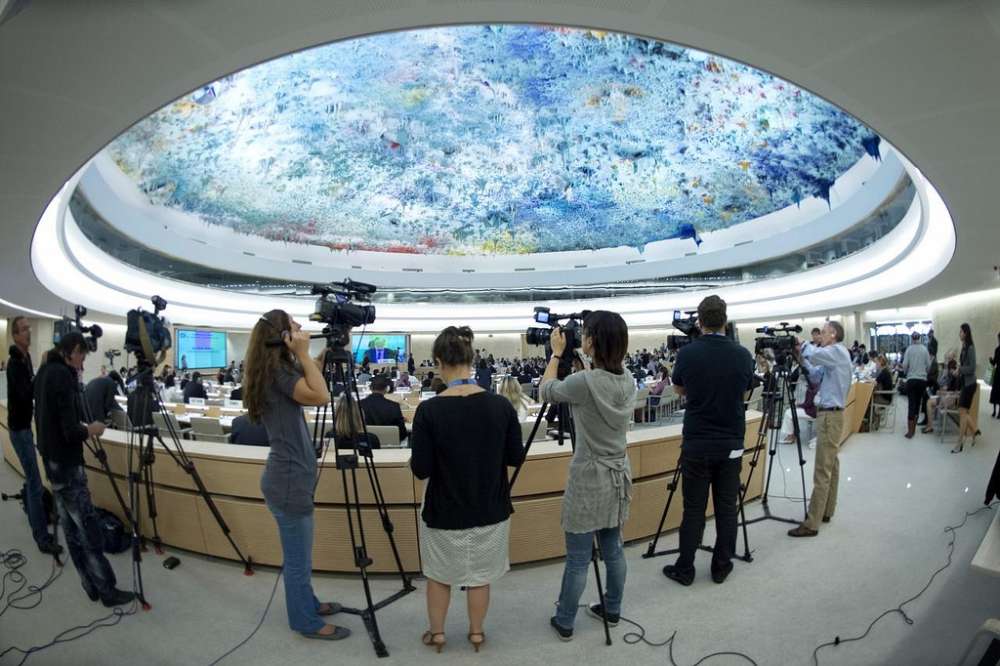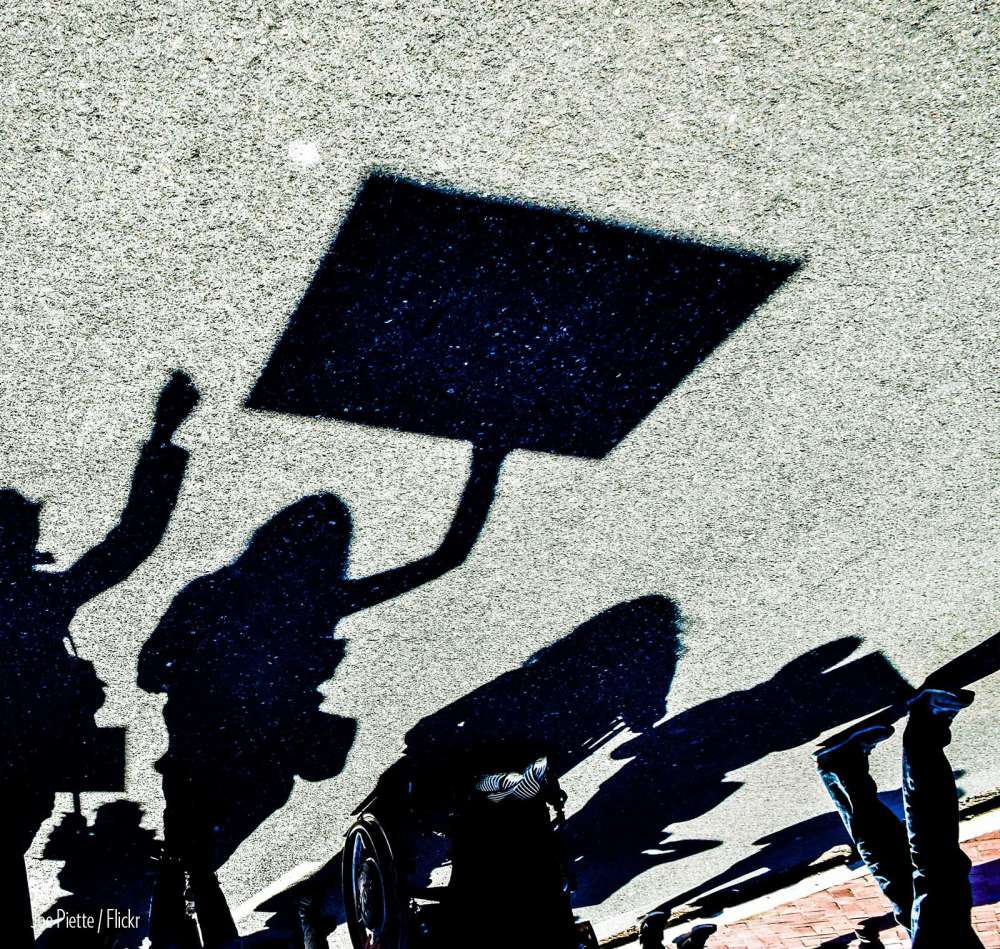The Human Rights Council Has Floundered. What Now?

Expectations were high in 2006 when former UN Secretary-General Kofi Annan’s reform efforts culminated in the replacement of the dysfunctional UN Commission on Human Rights with a new, downsized Human Rights Council. Now, in light of the council’s 10-year anniversary, high expectations have turned into disappointment. States such as Saudi Arabia, China and Russia – whose human rights records are among the worst in the world – continue to be elected into the council. Moreover, the selection of country situations reviewed by the council remains highly influenced by political-power dynamics.
In 2015, for the first time, states – in this case, repressive states – succeeded in obstructing the final adoption by the UN General Assembly of a resolution already passed by the Human Rights Council, by delaying its consideration over the course of two years until it ultimately disappeared from the agenda. The resolution, called Resolution 24/24, would have created a complaint mechanism within the Secretary General’s bureau for people who experience reprisals by their home country for cooperating with the UN’s human rights procedures. Consequently, this mechanism was never created.
Resolution 24/24’s demise was due to inadequate negotiation efforts by the sponsoring states combined with Russia’s overpowering pressure on African states to oppose the resolution in the General Assembly. The EU also made a grave mistake by leaving the introduction of such a politically sensitive resolution to Hungary, not famous for its human rights record, without prior strategic discussion. Moreover, this precedent reveals one of the council’s essential weaknesses: its subordination to the General Assembly. Considering global-power shifts and the rising influence of authoritarian voices in the General Assembly, the council is bound to lose significance in the future.
Much of the criticism is not new. But it would be wrong to concede to fatalism. The fact that people sometimes risk their lives to travel to Geneva and report violations in their home country shows the importance of the Human Rights Council’s work. The effective protection of these individuals must be one of the central tasks of council’s member states, such as Germany. It is important not to delude oneself. The council is a body composed of states and will therefore always be subject to political dynamics. So what realistic steps can be taken to make intergovernmental human rights work more credible and effective? The key is to provide political incentives for states to adopt positions in support of human rights.
The first step is to strengthen the involvement of national civil society in the council. Commenting from Geneva about individual countries’ international positions on human rights issues has limited impact. Experience has shown that mobilization of people within the countries is crucial to increase governments’ political costs of holding onto repressive policies. Compelling moderate regimes to change their course also helps to decrease the diplomatic leverage of powerful authoritarian states such as Russia and China, who often successfully recruit allies, notably from the global South, in order to legitimize their counter-strategies.
Second, create more incentives for states to implement the recommendations of the Human Rights Council. That there are currently few incentives to do so is one of the reasons why the council is such a resolution-making machine: supporting and co-sponsoring initiatives is a cheap way to gain international recognition without going through a reality check. Much could already be achieved if European delegations, which usually take a leading role in international human rights politics, would take responsibility for an active review of the implementation of their own resolutions. This process would ideally also compel those drafting a resolution to think about and include concrete criteria for measuring progress of policy implementation.
Third, strengthen the Human Rights Council’s position within the United Nations. Although the area of human rights, along with peace and security, represents one of the three pillars of the UN, it is the only one without a principal organ (the UN system has six principal organs). Upgrading the Human Rights Council to become an independent body would not only immunize it against attacks, as in the case of Resolution 24/24. It would also give more significance and political weight to human rights issues worldwide. Such a proposition was recently brought up by the German diplomat Joachim Rücker, last year’s president of the Human Rights Council. Implementing this proposition by 2021, as he aspires to do, requires a proactive and well-coordinated cross-regional initiative that would give way to renewed expectations towards the council. During the German Presidency, Berlin diplomats garnered a great deal of confidence among Geneva circles. Germany can and should therefore take a leading role in this process of enhancing the Human Rights Council’s status.
…
This is an updated English version of a commentary originally published by Frankfurter Rundschau on June 20, 2016.







